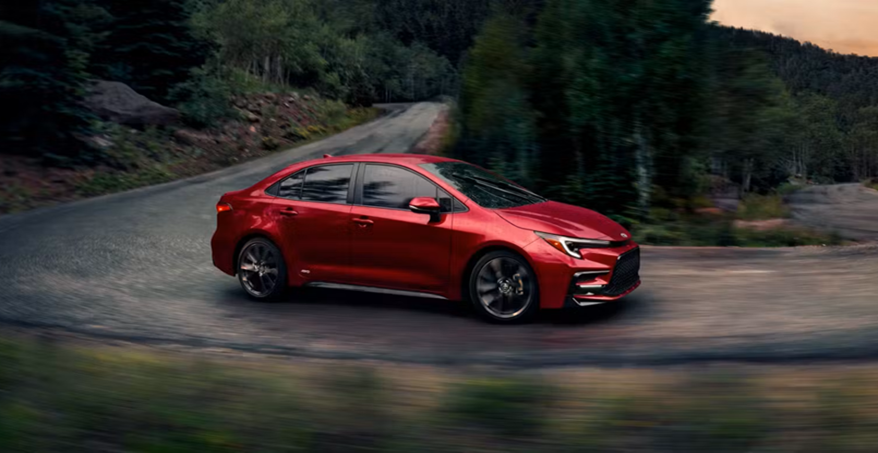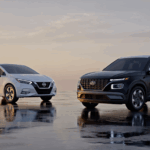Discover which gas-only cars deliver outstanding MPG without the complexity of hybrids.
As automakers race toward full electrification, non-hybrid fuel-efficient cars remain a vital option for drivers who want to save at the pump without embracing EVs or hybrid systems. In 2025, the landscape of internal combustion vehicles is evolving with smarter engineering, lighter materials, and advanced transmissions, allowing select gas-powered models to deliver exceptional fuel economy—sometimes rivaling hybrid counterparts.
This guide dives into the most fuel-efficient non-hybrid cars of 2025, highlighting models that exceed expectations and redefine what’s possible from traditional gasoline powertrains. For drivers who prefer simplicity, affordability, and long-term reliability, these vehicles offer the best of all worlds.
What defines a fuel-efficient non-hybrid car in 2025?
With industry standards tightening and gas prices remaining unpredictable, drivers are prioritizing efficiency without compromise. For this comparison, all featured vehicles meet three core criteria:
-
Gas-powered only (no hybrid or plug-in technology)
-
EPA-estimated combined fuel economy of 35 MPG or higher
-
Affordable pricing (most under $30,000)
-
Available in 2025 model year across the U.S.
Let’s break down the top-performing models that are turning heads in 2025.
1. 2025 Mitsubishi Mirage
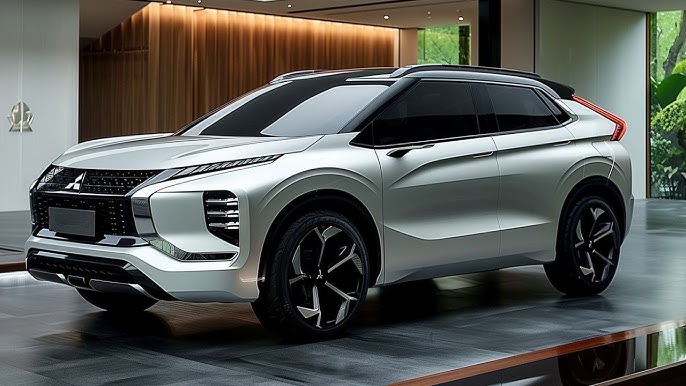
Starting MSRP: $17,795
EPA-estimated MPG: 39 city / 43 highway / 41 combined
The 2025 Mirage continues its reign as the most fuel-efficient non-hybrid gasoline car in the U.S. With a modest 1.2L 3-cylinder engine and CVT, it delivers class-leading fuel economy. While performance is minimal (78 hp), the lightweight build and compact footprint make it ideal for urban commuters and budget buyers.
Highlights:
-
Extremely low MSRP
-
Tight turning radius, easy to park
-
10-year/100,000-mile powertrain warranty
2. 2025 Nissan Versa
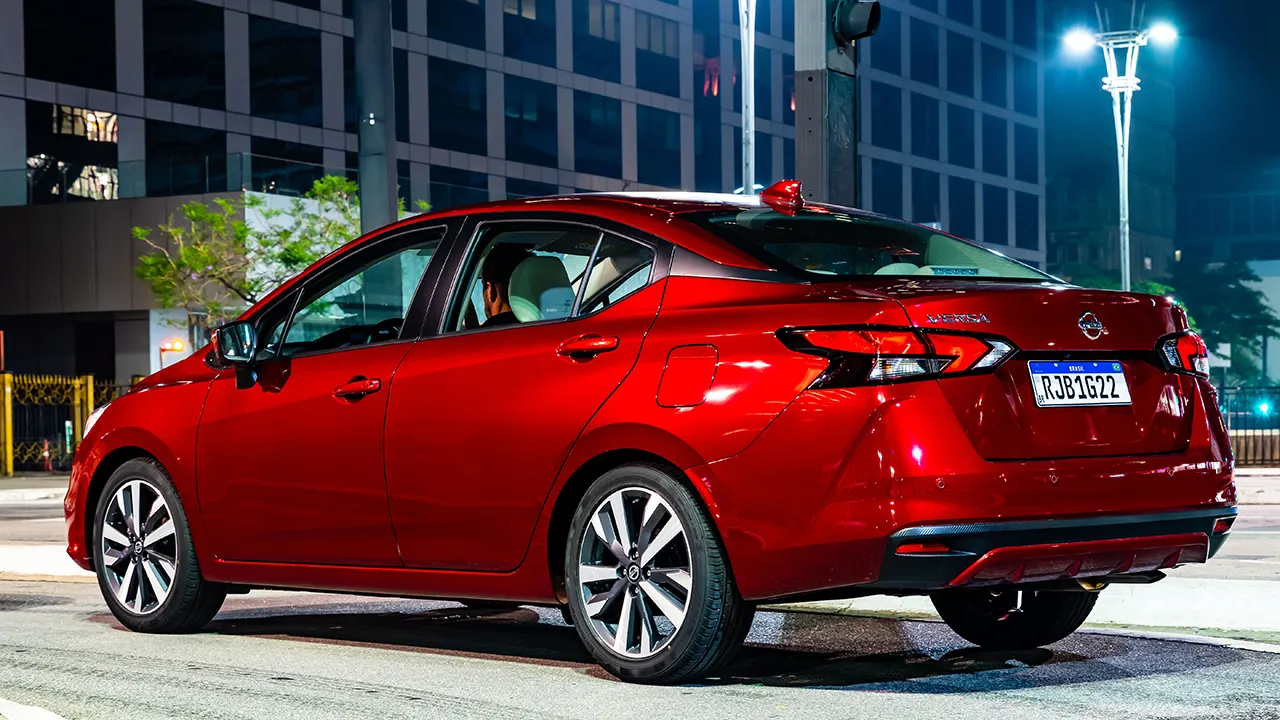
Starting MSRP: $18,990
EPA-estimated MPG: 32 city / 40 highway / 35 combined
The Versa blends practicality, value, and fuel efficiency, offering sleek sedan styling and a comfortable ride. Its 1.6L 4-cylinder engine and CVT help it punch above its weight in mileage, while tech features like Apple CarPlay and Nissan Safety Shield make it feel far from “entry-level.”
Why it stands out:
-
Excellent real-world MPG
-
Affordable pricing and refined cabin
-
High safety ratings in its class
3. 2025 Kia Rio (Carryover)
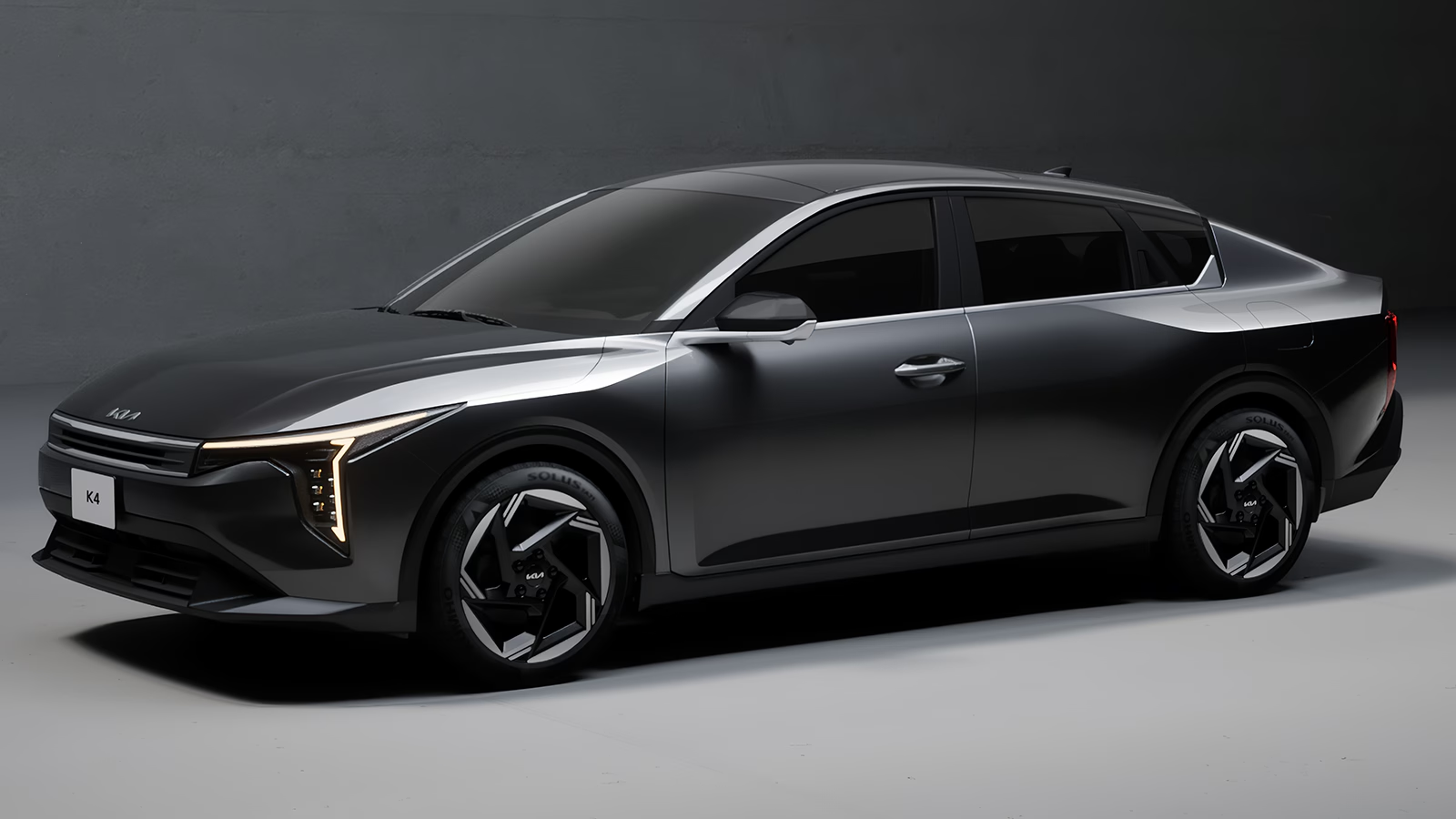
Starting MSRP: $19,950
EPA-estimated MPG: 33 city / 41 highway / 36 combined
While Kia has scaled back small car production in some markets, the Rio survives into 2025 as a carryover model with no hybrid tech, just smart engineering. With its 1.6L I4 engine and IVT transmission, it’s surprisingly responsive and efficient. Expect smooth handling and modern infotainment in a compact frame.
Why drivers still love it:
-
Simple, durable drivetrain
-
Excellent build quality for the price
-
Compact yet well-equipped
4. 2025 Toyota Corolla (Gas-only trim)
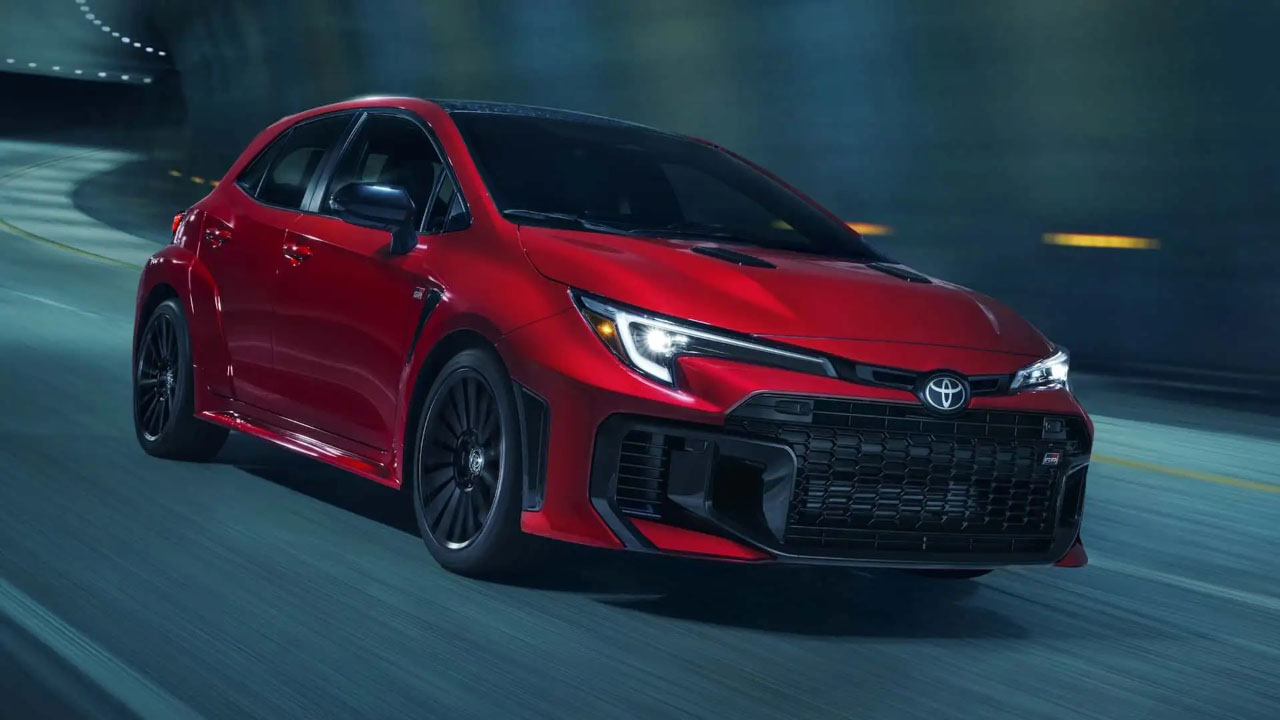
Starting MSRP: $22,050
EPA-estimated MPG: 32 city / 41 highway / 36 combined
Often overshadowed by its hybrid variant, the gas-powered Corolla still delivers outstanding MPG, reliability, and everyday usability. It uses a 2.0L Dynamic Force 4-cylinder with a CVT, optimized for low friction and high thermal efficiency. The ride is smooth, quiet, and confident—perfect for commuters who value a traditional setup.
Key benefits:
-
Legendary reliability
-
Refined ride quality
-
Excellent safety features standard
5. 2025 Mazda3 Sedan (FWD 2.0L)
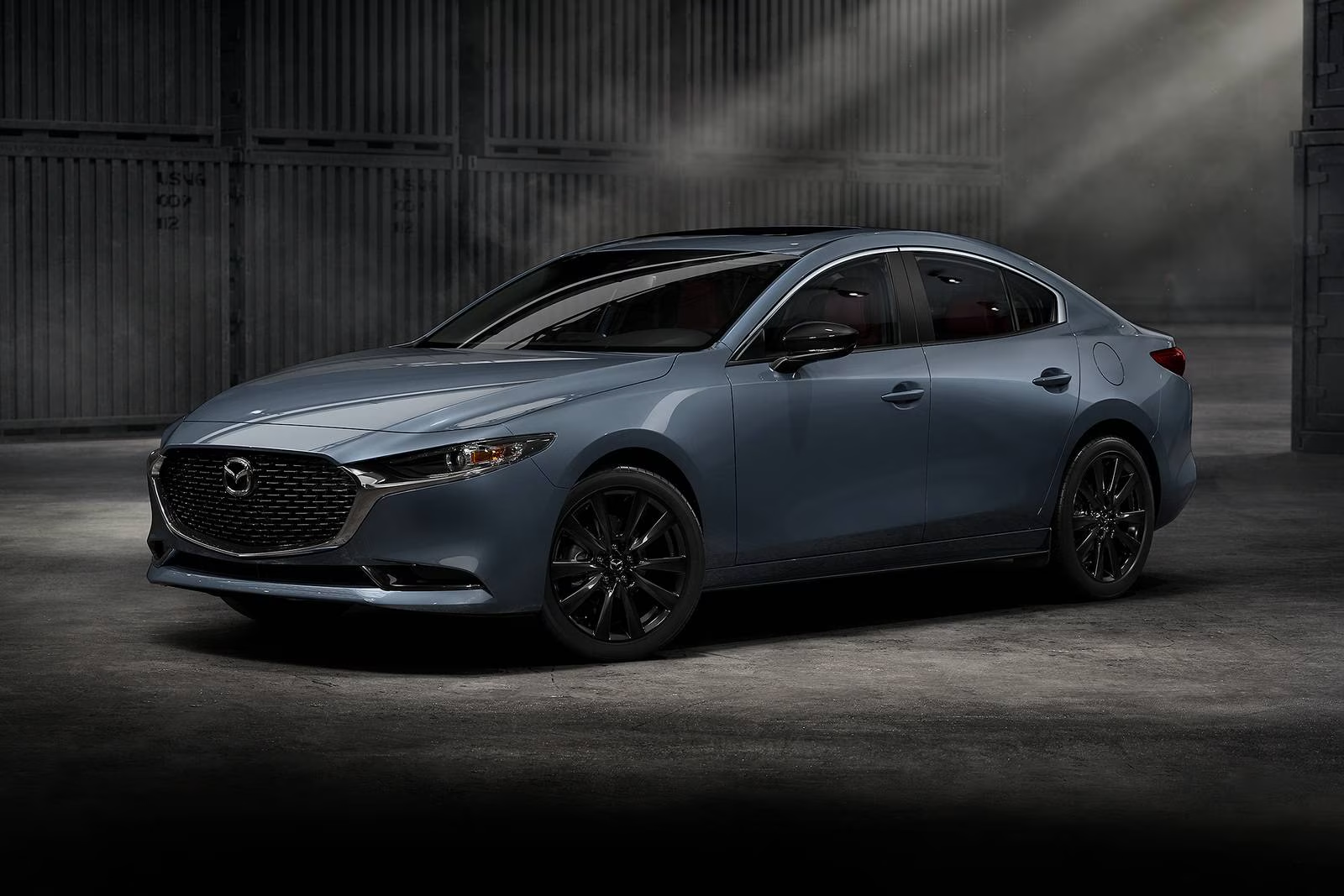
Starting MSRP: $24,350
EPA-estimated MPG: 28 city / 37 highway / 32 combined
While slightly lower in MPG than others on this list, the Mazda3 earns its spot by balancing sporty driving dynamics with respectable fuel economy. Its 2.0L Skyactiv-G engine and sleek aerodynamics give it an edge for those who want a more engaging drive without going hybrid.
Why it’s a smart pick:
-
Premium interior in a non-premium price
-
Athletic handling without fuel penalty
-
Ideal for enthusiasts who still want efficiency
Fuel-saving tech without batteries
These 2025 models prove that internal combustion still has life left in it. Key advancements contributing to their efficiency include:
-
Continuously Variable Transmissions (CVTs) with wider gear ratios
-
High-compression engines that burn cleaner and more completely
-
Weight reduction strategies using aluminum and high-strength steel
-
Start-stop systems that minimize idle fuel usage
-
Low rolling-resistance tires and aero-optimized bodywork
Together, these innovations help gas-only vehicles close the gap with hybrids—without the complexity or long-term maintenance costs associated with battery systems.
Who should choose a non-hybrid in 2025?
Not every driver needs hybrid power. These fuel-efficient, gas-only cars are ideal for:
-
Urban commuters who drive short distances
-
Students and first-time buyers looking for affordable, low-maintenance options
-
Fleet operators who prefer simplicity and predictable servicing
-
Rural drivers where hybrid servicing options may be limited
Plus, they appeal to those who prefer classic engine response, don’t want to think about battery degradation, and are simply looking to save money at the pump.
Key takeaways:
-
2025 Mitsubishi Mirage leads with 41 MPG combined, lowest price
-
Nissan Versa and Kia Rio balance economy with comfort under $20K
-
Toyota Corolla and Mazda3 provide refinement and efficiency in one package
-
All models avoid hybrid complexity while maximizing traditional fuel-saving tech
In a market saturated with hybrid and EV hype, these surprising winners prove that gas-only cars still have a place—efficient, affordable, and more advanced than ever.
